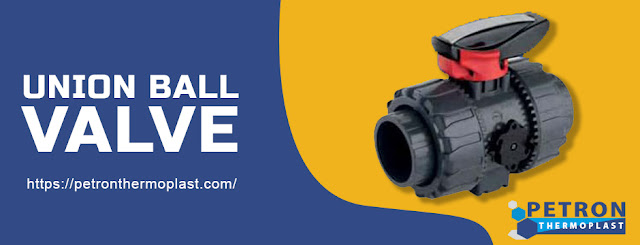Polytetrafluoroethylene, also known as PTFE Materials, is an incredibly adaptable ivory-white and opaque fluoropolymer that is produced by the free-radical polymerisation of many tetrafluoroethene molecules. It is suitable for a variety of applications in fields as diverse as telecom, food and beverage manufacturing, aerospace, and the pharmaceutical industry.
The Main Properties Of PTFE
You'd hope you could create a substance someplace that is almost as good as PTFE in these categories if you were trying to build a very flexible, chemically resistant, heat resistant, non-stick, and electrically resistant material and it hadn't previously been done. Nearly completely chemically inert, extremely insoluble in the majority of solvents or chemicals, and thermally stable enough to be utilised between -200 degrees C and +260 degrees C without deteriorating, PTFE Materials have a melting temperature of around 327 degrees Celsius.
Aside from having a high flexural strength even at low temperatures, PTFE also has strong electrical and dielectric characteristics, is water-resistant, and has a low coefficient of friction. PTFE has a density of 2200 kg/m3, which is likewise quite high. The only thing to keep in mind when using PTFE is that it does not have good resistance to high-energy radiation, which will cause the PTFE molecule to break down. Examples of these chemicals and solvents include chlorine trifluoride, cobalt(III) fluoride, xenon difluoride, and elementary fluorine if at high pressure and temperature.
Modified PTFE Properties
Two co-polymers that are similarly useful as PTFE but have distinct qualities exist in addition to pure PTFE. Perfluoroalkoxy, also known as PFA, is very similar to PTFE in that it is flexible, chemically resistant, and thermally stable (with continuous use up to 260 degrees C). However, PFA is creep resistant and works well for melt processing, injection moulding, extrusion, compression moulding, blow moulding, and transfer moulding, whereas PTFE Materials have a tendency to creep. TFM, often referred to as PTFE-TFM, is polytetrafluoroethylene that has had perfluoropropylvinylether added as an extra modifier. This results in a denser, stiffer, and weldable material that is also creep-resistant like PFA.
Advantages And Benefits Of Using PTFE
The greatest benefit of PTFE is its adaptability; it has a dizzying variety of uses across a wide range of goods and industries. In addition to being used to create tubes or liners for handling or storing corrosive substances, PTFE may also be used to coat items like bearings or screws to extend the lifespan of both the parts and the machinery they are a part of.
Due to PTFE's ability to repel water and oil, a PTFE-coated screw will be corrosion-resistant and lubricated by the coating to drive into whatever surface you are fastening to smoothly and with reduced friction. This will cause less wear on the screw and the surface, resulting in a longer-lasting, more secure finish. A PTFE coat can have the same advantages as coating screws while also having the added bonus of being heat-resistant. Friction and wear can also be concerns with bearings.
It is obvious that components with a longer lifespan and greater performance may increase the productivity of any apparatus, decrease the need to regularly buy replacement parts, save time and money on the installation process, and minimise waste. As a result, there will be less need for maintenance as well as a significant reduction or even elimination of any costly industrial downtime caused by malfunctions or repairs. In some circumstances, the cleaning of equipment can be decreased as a PTFE coat is non-wetting and promotes self-cleaning of components.
Additionally, Teflon textile finishes can benefit the environment since they make textiles stain- and water-resistant, decreasing the need for dry cleaning. Teflon textile finishes also make clothes dry more rapidly, requiring less energy during tumble drying, and last longer owing to less wear. The fact that PTFE is non-toxic has only a small contraindication for humans from polymer fume fever (which occurs only if any Teflon-coated pans reach 260 degrees C), is FDA approved and is food safe makes it an excellent choice for use in variety of applications. Please visit the website of Petron Thermoplast and buy high-quality PTFE Materials online






No comments:
Post a Comment